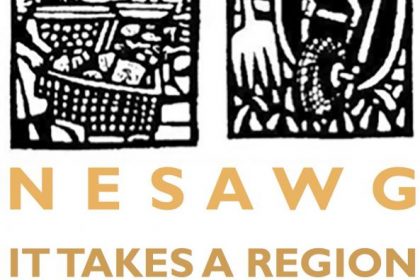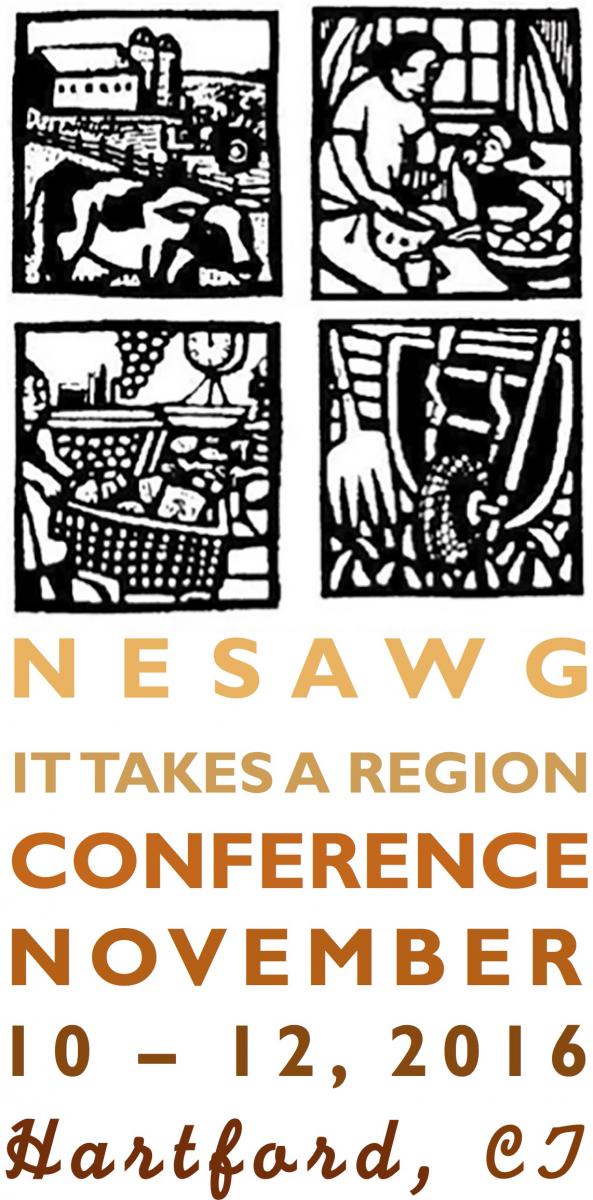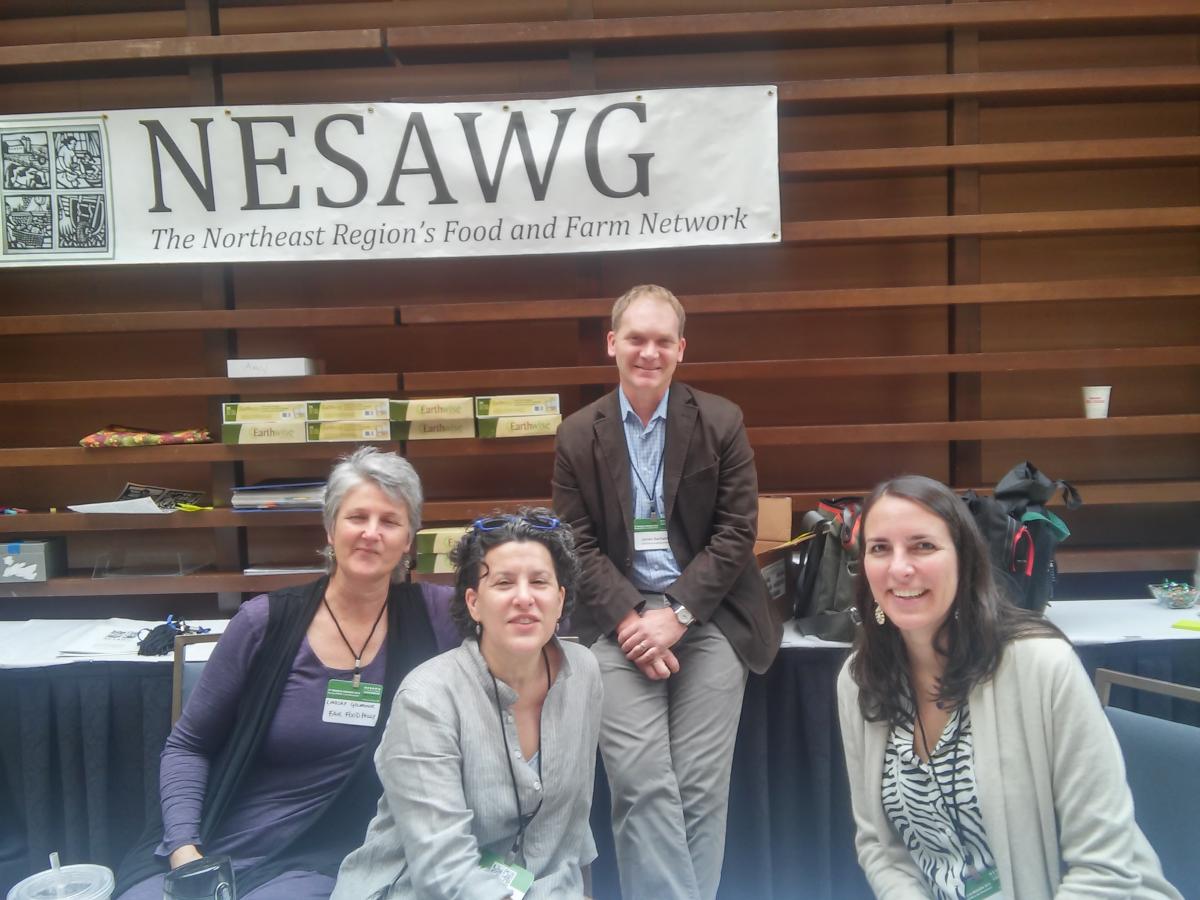
 For those of us working to make the food system more just and sustainable, the idea that we might encounter a problem or two along the way is so obvious and banal that it doesn’t merit mention. Clearly there are barriers, chasms even, that stand in the way; otherwise we wouldn’t need to do this work.
For those of us working to make the food system more just and sustainable, the idea that we might encounter a problem or two along the way is so obvious and banal that it doesn’t merit mention. Clearly there are barriers, chasms even, that stand in the way; otherwise we wouldn’t need to do this work.
But the notion that we grapple with wicked problems brings in an entirely new dimension to our work. Wicked problems are not any old challenges that just won’t go away – they are intractable, unsolvable, unstoppable, have numerous causes, impact different stakeholders differently and lack agreed-upon solutions. In food systems work we come up against these kinds of issues constantly; food insecurity, farm viability, racism, and climate change, to name a few. Recognizing the wickedness of these difficulties necessitates collaboration and a willingness to step outside our own perspective, ultimately allowing us to create viable, longer-term approaches.
This year, NESAWG’s It Takes A Region Conference will be taking on some of the wicked problems that confound our sustainable farm and food movement. The conference, which comes to Hartford, CT, next month, is tackling seven of these issues – structural racism, labor, sustainable diets, sustainable meat, food safety, land access, and our divided movement – and inviting conference attendees to lend their thinking and expertise towards finding new ways of understanding longstanding, chronic dilemmas.
One wicked problem particular to New England is the viability of our region’s longstanding dairy farms. New England has lost over 10,000 conventional dairy farms in the past 50 years with just 2000 farms remaining. Collectively, they tend 1.2 million acres of farmland and produce almost all of the milk consumed in the region. The conference will explore this troubling issue with a screening of the documentary film, Forgotten Farms. This film provides a portrait of several New England dairy families and examines class divisions and cultural divides that have excluded these farmers from our region’s celebrated local food movement.
 The NESAWG Conference will also feature more than 30 workshops on important issues for food systems practitioners, including:
The NESAWG Conference will also feature more than 30 workshops on important issues for food systems practitioners, including:
- The Midd Foods Model: Mobilizing Students for Non-profit Food Enterprise, led by Middlebury College students
- A New England Food Vision: New Narratives, with Food Solutions New England’s Ambassador Team
- Innovative Ways Food Hubs Serve Rural Communities, showcasing food hub examples in Vermont and Maine
- The 2018 Farm Bill – Northeast Perspectives
- A four session youth track, showcasing the work of youth food justice activists from the New England and Northeast regions
In addition, the conference offers 6 pre-conferences, half- and full-day trainings and sessions that dive deep into one subject. Pre-conferences include:
- NESAWG’s Fifth Annual Policy Leaders Roundtable
- Half-day Communications Training, put together in collaboration with Food Solutions New England and Farm to Institution New England communications staff
- Food Policy Councils Short Course
- Race, Class, & Food Systems Work – Perspectives from Connecticut
- GAP Food Safety for Groups
- Raising the Bar on Beginner Farming Training for Farmer Service Providers
Food Solutions New England will be a part of the conversation at the NESAWG Conference next month and we hope you will be too! Early-bird registration ends on October 15 and prices go up after that. To learn more and register, visit NESAWG’s conference website.
Tracy Lerman is the communications manager and 2016 conference director for NESAWG, the Northeast Sustainable Agriculture Working Group. NESAWG is a network of over 500 participating organizations and thousands of individuals working towards sustainable and just farm and food systems in 12 Northeastern states and Washington D.C.




